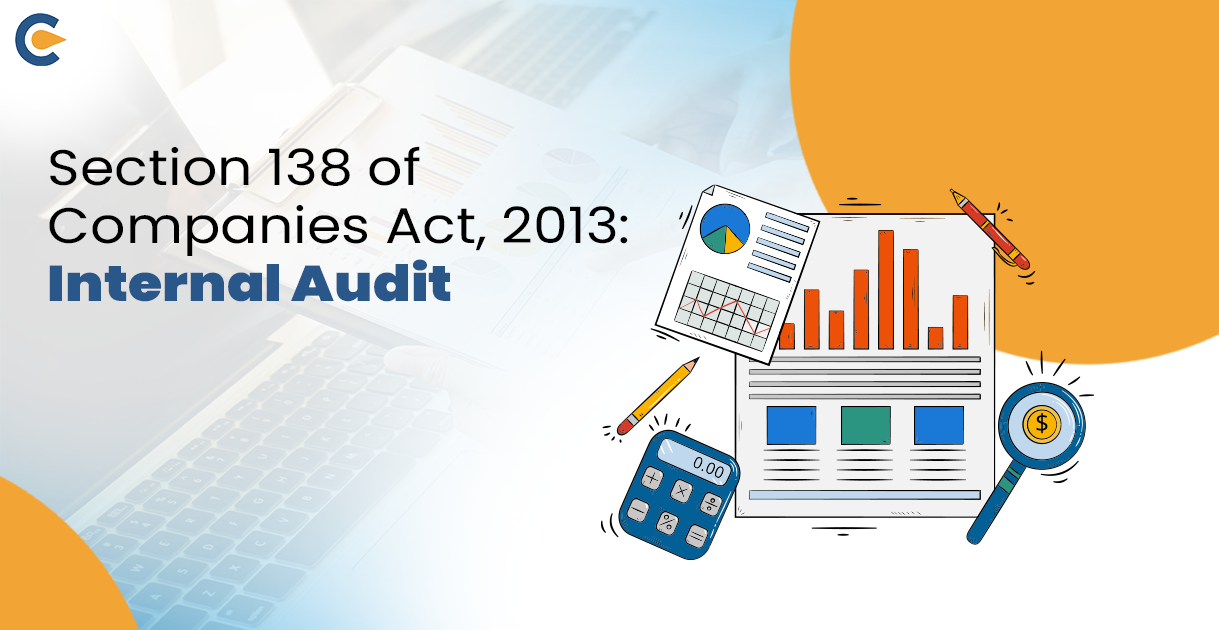Shares that could be used to raise more funds for the business make up the company’s capital. While private companies choose an initial public offering, or IPO, to offer shares to the public, public corporations issue shares to the public so they are able to subscribe to their share capital. A company can issue its securities or shares at a price greater than its nominal value if the market is active. The Companies Act, which solely specifies the regulations governing the issuance of shares by a Company at premium, has absolutely no restrictions at all on the selling of shares at a premium. However, SEBI regulations must be followed since they specify when an issue must be at par and when a premium must be paid. The Section 52 of Companies Act, 2013 (which is the same as Section 78 of the Companies Act of 1956) lays out the limitations on how the premium payments made on such securities may be used. The Ministry of Corporate Affairs (MCA) has announced Section 52 of the Companies Act, 2013 in Notification No. S.O.902 (E) dated 27.03.2014.
The Companies Act of 2013 is the main piece of law governing how companies are run in India. It describes the procedures for starting a business, running it, and managing its money, among other things. An integral part of the process is the premium issue of shares and the use of the premiums collected on the premium issue of shares. In Section 52 of the 2013 Companies Act, provisions relating to the use of premiums produced on the issuance of shares are covered.
Meaning of Shares
Shares are ownership units of a company or financial asset that can be purchased by investors in exchange of the money for shares. One of the components into which a company’s capital is distributed is a share. A share may provide the possessor voting rights and a portion of the corporation, depending on the type.
What is Issues of Shares?
The term “issues of shares” refers to the distribution of stock or other financial assets to shareholders who choose to acquire it. These shareholders, who participate in purchasing the shares at a set price, may be either companies or individuals. The procedure through which companies distribute new shares to shareholders is known as an issue of shares. Investors might be either private people or public companies. When issuing shares, the company complies with the regulations set forth under the Companies Act of 2013.
What is Premium?
Share premium is the amount received by a company for newly issued shares that is greater than the par value, or face value, of the shares. Basically, a premium is anything you provide or receive in addition to what you really gave or received.
Explanation of Section 52 of Companies Act, 2013
Section 52 of Companies Act, 2013 outlines the legal applications for securities premiums. The purpose of the provision is to prohibit the use of the securities premium for non-capital services. The capital basis of the company’s members would be reduced if capital funds were used for unrelated aims. The Companies Act therefore incorporates safeguards to ensure capital preservation and its utilization.
The disbursement of the premium money is governed by Section 52 of Companies Act 2013 sub clause (1). It is explicitly stated that the money received in either cash or kind must be transferred to a different account called the Securities Premium Account.
According to the sub clause (2) of Section 52 of Companies Act, the Securities Premium Account can be used in any of the following ways:
- For writing off the company’s preliminary expenses
- For issuing the shares which are unissued shares of company as fully paid bonus shares to its member.
- When deducting costs associated with, or commissions paid for discounts granted on, any issuance of debentures or shares of the company.
- Purchase of securities or shares under Section 68
- For providing the premium payable on redemption of any redeemable preference shares or of any debentures of company.
A new provision that wasn’t there in Section 78 of the Companies Act of 1956 is Sub-Section (3) of Section 52. According to Section 52(3), SPA may also be used by classes of companies that meet the requirements for such classes of companies under the Section 133 and whose financial statements comply with those requirements for the following purposes:
- Purchase of securities or shares of its own under Section 68
- For issuing the shares which are unissued shares of company as fully paid bonus shares to its member.
- When writing off costs associated with, or commissions paid for discounts granted on, any issuance of debentures or shares of the company.
Case laws relating to Section 52 of Companies Act, 2013
In the case Hyderabad Industries Ltd, In re1, the court had concluded that the permission of the articles of associations is necessary for if the share premium account is to be utilized for any matters other than that mentioned in the Section 52 (2), the court will not be able to approve resolution related to that effect. There is no requirement for the court’s approval for utilizing the securities premium account for the matters mentioned in Section 52(2).
Conclusion
In conclusion, the criteria outlined in Section 52 of the 2013 Companies Act apply to premiums received on the issuance of shares. By obtaining more cash through the issuing of shares at a premium, businesses can improve both their financial standing and public perception. However, under Section 52 of the Companies Act of 2013, there are rules governing how to use premiums from the issuance of shares. The company is furthermore prohibited from paying dividends derived from such premiums or offsetting losses against them. Companies that issue shares at a premium risk legal and financial repercussions if they violate Section 52’s requirements. To guarantee transparency and accountability in the administration of these funds, premiums collected on the issuing of shares must be used and utilized in line with the rules of Section 52 of the Companies Act, 2013.
Frequently Asked Questions
The Section 52 of Companies Act, 2013 states all the information related to the utilization of premiums of the shares which is received on such issue of shares.
Yes, the shares can be issued at the premium as per Companies Act, 2013.
Share represents the ownership in the company that the investors have purchased in exchange of the money which in return gives certain rights depending on the share types which are purchased.
Yes, there are certain restrictions laid down under Section 52 of Companies Act, on the use of premium money.
A securities premium account is a separate account where all the premium money that is received in is to be transferred.
To protect the company’s capital basis, Section 52 forbids the use of premium funds for anything except than capital expenditures.
The premium account may be used for a number of things, such as deducting upfront charges, issuing fully paid bonus shares, and paying expenses for debentures or shares.
Read Our Article: Section 207 Of Companies Act, 2013: Conduct Of Inspection And Inquiry











